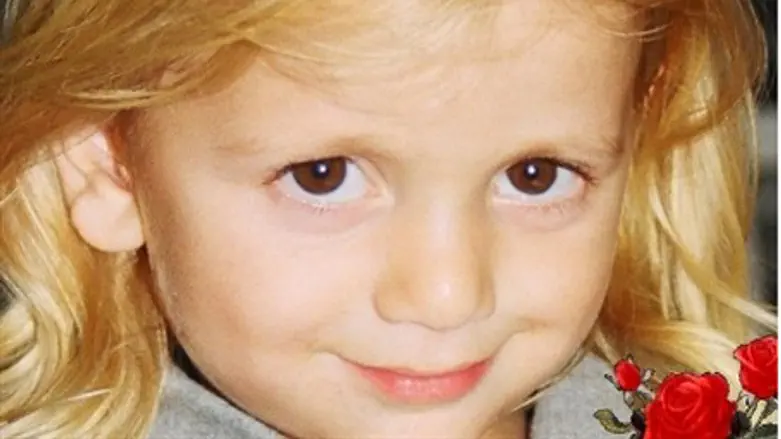
“The right to choose life” often brings up mages of legal battles and protests, but the Efrat “right to choose life” organization says its patients are women who are shown that abortions are not only the option during an unplanned pregnancy.
"Our organization is pro-choice in the truest sense," says Ruthi Tidhar, Efrat’s Deputy Director. "Many women see abortion as their only choice due to financial woes. We restore their ability to choose to have their baby."
Tidhar, a social worker, heads the team of 2,300 volunteers who are the lifeblood of Efrat, an organization offering assistance and support to Jewish women considering ending their pregnancy.
"When people hear about an organization that empowers people to decide not to have abortions, they think of protestors waving pictures of baby parts and waging legal battles - but you won't find any of that here," says Tidhar. "That is not what we are about."
Efrat was established in 1977, by Dr. Eli Schussheim, an Argentinean immigrant who served as senior surgeon in Jerusalem's Shaarei Tzedek Hospital during the Six Day War.
"Theoretically, a woman can have the fetus aborted while she is already in labor here," Tidhar laments. Though such a case has never occurred, late-term abortions are common in the Jewish state.
But it is not the unborn with which Tidhar is most concerned.
"My patients are the women," she says. "My job is to show them that there are other options.
“Often they are simply afraid of an unplanned pregnancy. They already have trouble making ends meet and see it as impossible to introduce a new child into the world. They fill out forms at a local hospital, a committee gives it a rubber stamp (95% of public hospital abortion requests are granted) and all the while she is not informed of the gravity and long-term ramifications of her decision."
When Tidhar is contacted by a woman wanting to know more about her options, she dispatches one of the group's volunteers to meet with the patient – anywhere in the country. Based on their experience of meeting with many such women, volunteers report two underlying reasons abortion is pursued in most of the cases they deal with: One, the embryo is so small that they are able to disconnect emotionally. Two, financial pressures and anxiety – fear that they will not be able to provide properly for the child.
"We let the woman know what her options are," Tidhar explains. "We let her know that we truly will shoulder the financial burden. We give her back the empowerment of being able to make an actual decision on the matter."
Without government funding or support from the hospital and clinics, “abortion is big business in Israel," Tidhar notes.
Efrat must rely on word of mouth, modest advertising campaigns and private referrals from doctors, nurses or members of hospital committees to spread awareness of their services.
Efrat's Assistant Director Tzvi Binn says the organization relies on donations, half of which come from Israelis, and takes pride in its low overhead costs. Its American office is run out of a volunteer's home, and its main office in Israel is staffed by young women performing their national service and is housed in a donated ground floor apartment.
Around the corner from Efrat's office is the group's warehouse. Mountains of diapers, baby wipes, formula, baby carriages, cribs and all the other goods waiting to be distributed lie in rows. Shipments are constantly going out to different parts of the country.
An initial package contains a crib, bassinet, stroller, baby bath and a baby kit that includes blankets, baby clothes, bottles and other items -- pink for a girl and blue for a boy. Subsequent monthly packages contain diapers, formula and non-perishable foods.
All the goods and equipment add up to $1,200 each – a figure oft-touted by Binn. "For just $1,200 one can truly save the life of a Jewish child," he says.
The organization's founder says the road ahead is a long one, but that so far, it has been rewarding. "Since its inception, Efrat has saved the lives of thousands of Jewish children in Israel," Dr. Schussheim says. "Not a single time has a mother told me she regretted having her child – not a single time.”